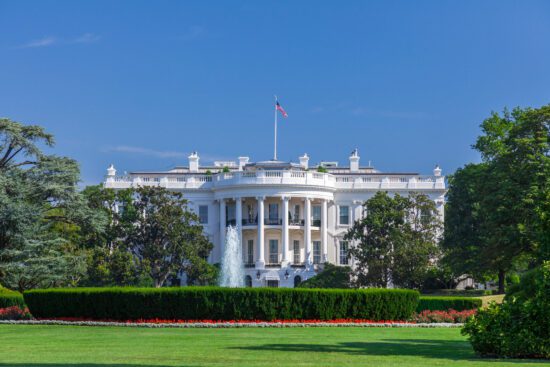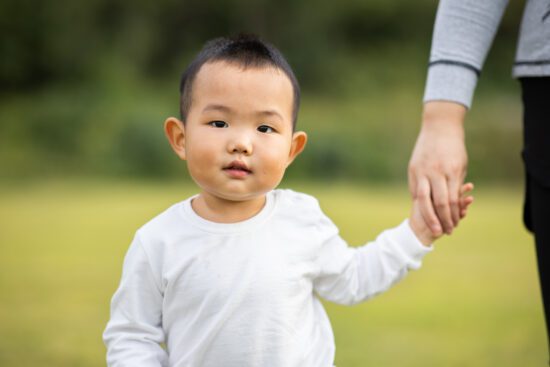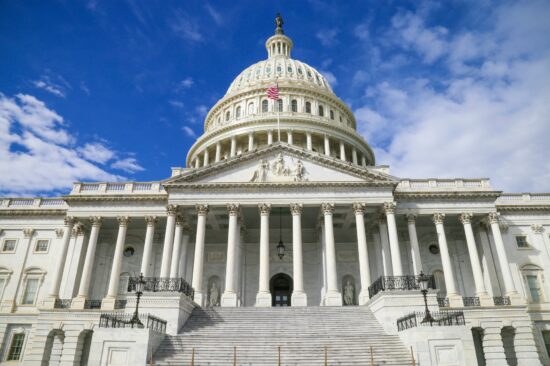Southern Baptists affirm adoption as a central theological theme that provides practical application in our families and communities. We adopt because when we were most destitute, we ourselves were adopted into the family of God. The Baptist Faith & Message states that children “are a blessing and heritage from the Lord,” whether by birth or by adoption. In addition, the Resolution On Adoption And Orphan Care in 2009 states that in the gospel, we have received the “Spirit of adoption,” meaning “we are no longer spiritual orphans but are now beloved children of God and joint heirs with Christ.” (John 14:18; Rom. 8:12-25; Gal. 3:27-4:9; Eph. 1:5).
Protecting the religious beliefs of vital foster and adoption care providers is in the best interest of the children currently waiting for adoption. Throughout fiscal year 2021, an estimated 606,000 children were served by the foster care system, with 113,000 waiting to be adopted at the end of the Fiscal Year. Despite the high number of children waiting to be adopted, multiple states have enforced laws requiring child welfare agencies to adopt policies that violate their sincerely held beliefs, significantly decreasing the number of providers available to serve vulnerable children. Limiting the number of child welfare providers delays the day when a child is united with their forever family.
Recent actions from the Biden administration have further threatened the ability of Christian foster and adoptive parents and providers to participate in the child welfare system. In a fall 2023 rule, the administration moved to require that prospective foster and adoptive parents “affirm” a child’s chosen gender identity to be considered a provider of “safe and appropriate care.”
The ERLC supports the Child Welfare Provider Inclusion Act to protect the religious beliefs of would-be child welfare providers, many of whom are Southern Baptists. Faith-based adoption and foster care agencies should not have to choose between their moral convictions and providing children with loving families. This act allows faith-based groups to continue partnering with the government to provide adoptive services to families while maintaining their religious views.









